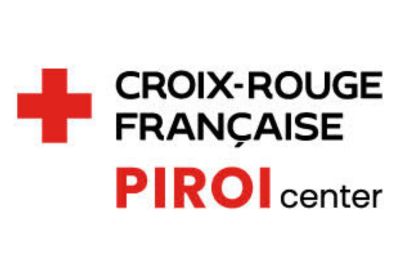The people of the south-west Indian Ocean are vulnerable to natural risks. These disasters particularly affect developing countries where they also have greater impact due to limited prevention, warning, and risk management resources.
In 1999, faced with this situation, the Indian Ocean Commission (IOC) emphasised the benefits of a regional disaster response project in order to reduce risks and ensure the protection of people and property as well as sustainable socio-economic development in the south-west Indian Ocean. The same year, the region’s Red Cross and Red Crescent National Societies asserted the need for a regional disaster response base.
In April 2000 this idea was materialised by the signature of an agreement at Saint-Denis in Reunion, formalising the creation of the Indian Ocean Regional Intervention Platform, or PIROI. Since 2009 the PIROI programme has integrated the Indian Ocean’s ‘Territorial Cooperation Operational Programme’ as part of Axis 1: Sustainable development and environment, Objective 1-03: Regional civil protection response, making it a key actor in disaster risk reduction, preparedness and response in the south-west Indian Ocean, and a privileged partner of regional public authorities operating in this field.
In 2012 PIROI strengthened its ties with the Indian Ocean Commission by signing a regional partnership agreement allowing better preparation to respond to disasters in the area. In fact the PIROI programme and the IOC share a common goal in their willingness to work at all levels (from Governments to local communities) in order to reduce the impact of natural disasters and support the development of IOC member states.
In November 2012, the French Red Cross and the IFRC signed a new cooperation agreement in order to define more precisely the roles and responsibilities of each one in the field of disaster preparedness and response in the Indian Ocean area. This agreement means PIROI is recognised in its own right as a tool of the IFRC in the region.
